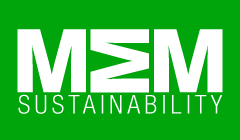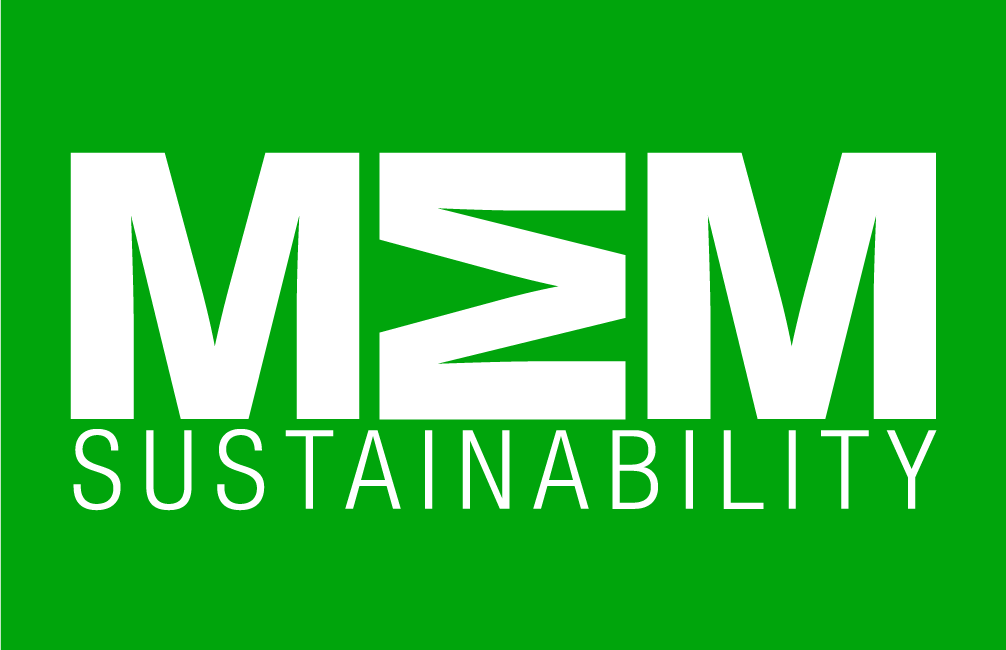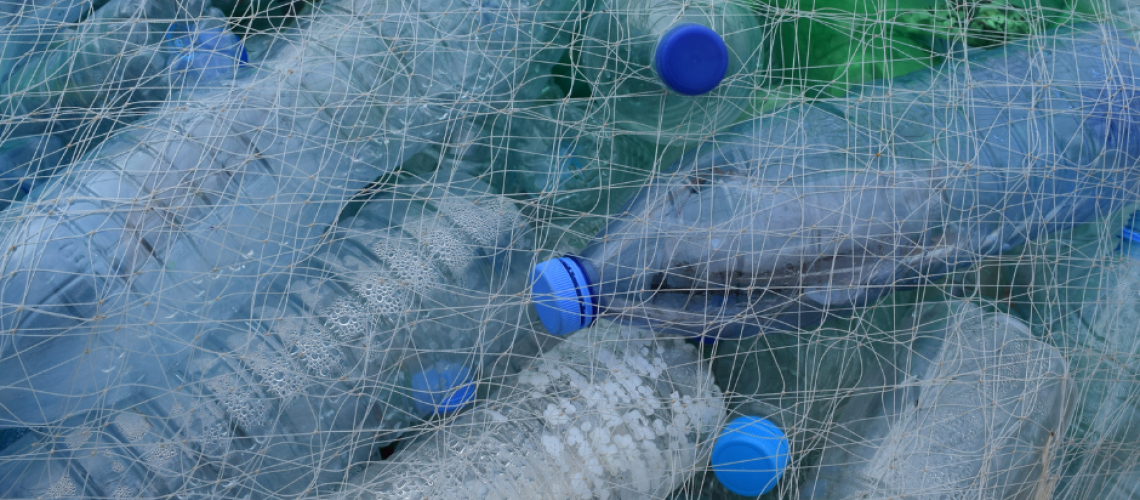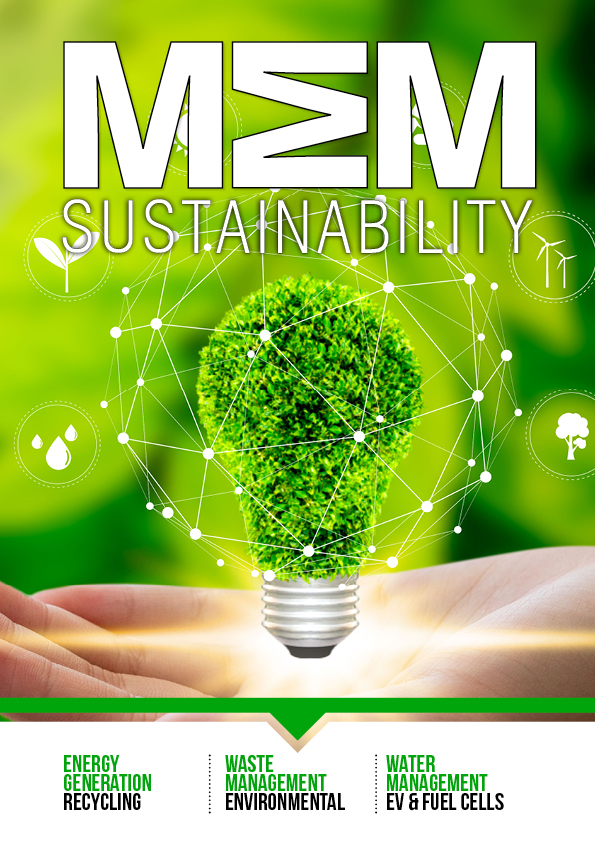The way UK manufacturers handle there plastics is radically changing thanks to two new pieces of legislation: a Plastic Packaging Tax and Extended Producer Responsibility for Packaging (EPR) Legislation.
Businesses need to prioritise plastics and start thinking differently about their waste materials to keep up to date with these government-led changes.
As part of the Plastics Packaging Tax, as of 1st April 2022, all plastic packaging components made or imported into the UK will be liable for a specific material tax if they don’t meet a minimum recycled content of 30% by weight.
Meanwhile, the EPR legislation – due to launch in 2023 following a round of consultation – will require businesses placing materials on the market to bear the full costs of the collection, sorting, recycling and disposal of packaging waste.
Manufacturers should consider working with a specialist waste supplier – like Axil Integrated Services – to review their end-to-end processes in preparation for change.
Plastic Packaging Tax – who pays what?
The Plastic Packaging Tax is to be charged at a rate of £200 per tonne. Businesses that manufacture or import less than 10 tonnes of plastic in a 12-month timeframe will be exempt from the tax. However, HMRC say businesses will need to register for Plastic Packaging Tax if they’ve manufactured or imported 10 or more tonnes of plastic packaging within the last 12 months, or are projected to do so within the next 30 days.
Keeping accurate accounts of their packaging manufacturing and imports rates, even if they fall below the 30% threshold, will be crucial for manufacturers. In March 2022, the Department for Environment, Food and Rural Affairs (DEFRA) published a detailed update on the tax, including an extensive list of items that will be subjected to it, along with and those that won’t be.
Extended Producer Responsibility for Packaging Legislation
The Plastics Packaging Tax is just the first part of the Government’s new approach to packaging over the next two years, and businesses should be prepared to think about further potential waste-related legislation over the next decade if we’re going to meet national environmental targets.
Plans for Extended Producer Responsibility (EPR) for Packaging have also been set out by the Government to encourage businesses to prioritise recyclable materials and help improve Britain’s current recycling rate from 45% to the target of 65% by 2030.
The objective of the policy is to deliver a more circular economy for packaging, where greater quantities of recyclable waste are reprocessed into valuable, high-quality secondary resources.
EPR incentivises producers to make better, more sustainable decisions at the product design stage, such as making it easier for products to be re-used or recycled at their end of life. It also places the financial burden of managing products that have reached the end of their life on producers, shifting the full cost of collecting household waste away from the taxpayer.
The need for such legislation has become clear over the last few years. A House of Commons briefing paper from this January estimated that in Britain gets through five million tonnes of plastic every year, with roughly half being used for packaging. Government data also revealed that just 47% of total plastic packaging waste in this country is recycled or recovered.
If Britain is to achieve the Government’s target of eliminating avoidable plastic waste by the end of 2042, such legislation is crucial. Businesses from all industries should be aware of the following key points:
- There will be a greater financial incentive for producers to use recycled packaging and to increase recycled content in packaging.
- The collection of additional data around recycling rates will be made compulsory.
- Data reporting requirements will become more complex.
- An introduction of new fees could see a rise in producer compliance costs.
- Reporting on plastic packaging being manufactured and imported will need to be completed as well as aggregates for sales made in each of the devolved administrations across the UK.
EPR reporting begins in 2023 and will be based on a business’s 2022 data. This will incentivise businesses to put processes in place to ensure there is visibility of packaging materials, along with other materials used within the business.
It’s time to start thinking differently about waste
These pieces of legislation mean that businesses that deal with plastic materials will need to make sure that sustainability is at the heart of their entire end-to-end production cycle and design process.
Companies should also consider how they can optimise their waste streams to reduce the amount of plastic that ends up at landfill. The most effective way of dealing with waste is to not create it in the first place, so efficiency and optimal use of the most effective materials is crucial.
Axil Integrated Services can help manufacturers think about waste differently and treat it as a valuable resource. Most manufacturers generate complex waste streams. It is part of Axil’s remit to ensure waste is properly segregated (including, but not limited to, plastic) to reduce their waste management costs. Other methods include integrating a waste hierarchy to reduce, reuse and recycle materials wherever possible.
Axil can also provide a total waste audit, giving businesses the chance to drive out waste costs, increase recycling, and reduce their environmental impact – all while making sure they receive value for their waste materials.
By thinking differently about waste and taking tangible steps towards their sustainability goals, manufacturers can help to tackle environmental challenges of the coming years and decades.
Manufacturing & Engineering Magazine | The Home of Manufacturing Industry News















